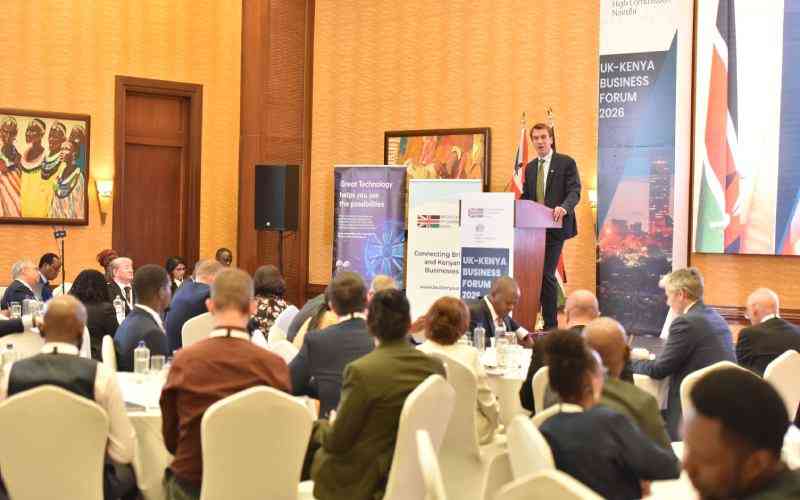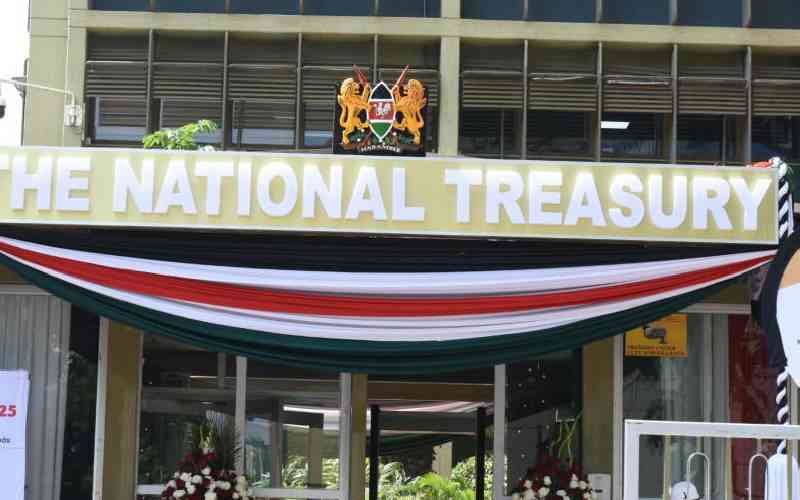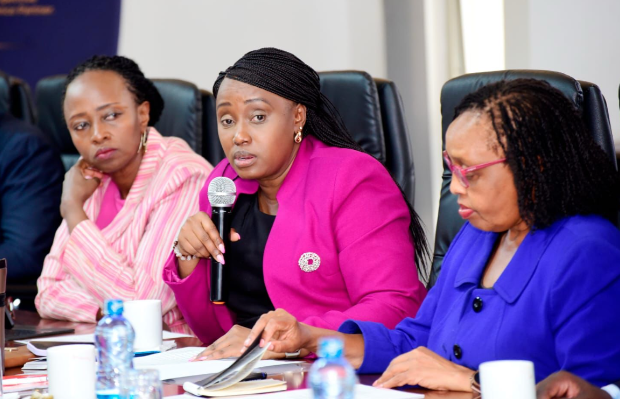×
The Standard e-Paper
Fearless, Trusted News

Cyber threats and climate change are among the emerging issues businesses need to devise solutions to as the professional body for risk managers met to deliberate the current volatile operating market.
The meeting which was attended by business leaders in risk management and other entities had anecdotes of the role the government should play and how risk managers should be utilised in enterprises to scavenge opportunities.







